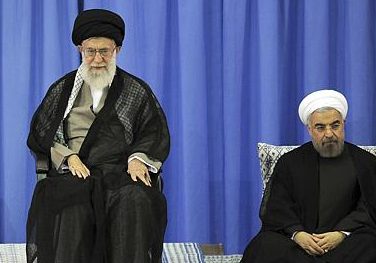
Too many chances for abuse in Iran deal
January 21, 2014 | Tzvi Fleischer
THE six-month interim nuclear deal reached between Iran and the US-led P5+1 powers – US, UK, France, Russia, China and Germany – in Geneva in late November finally came into effect yesterday.
But now the really hard part begins. If the six-month deal does not lead in the end to the kind of agreement that will finally end the years of intense international concern over Iran’s nuclear efforts, it will have been worse than useless. Yet there are very good reasons to doubt that it will.
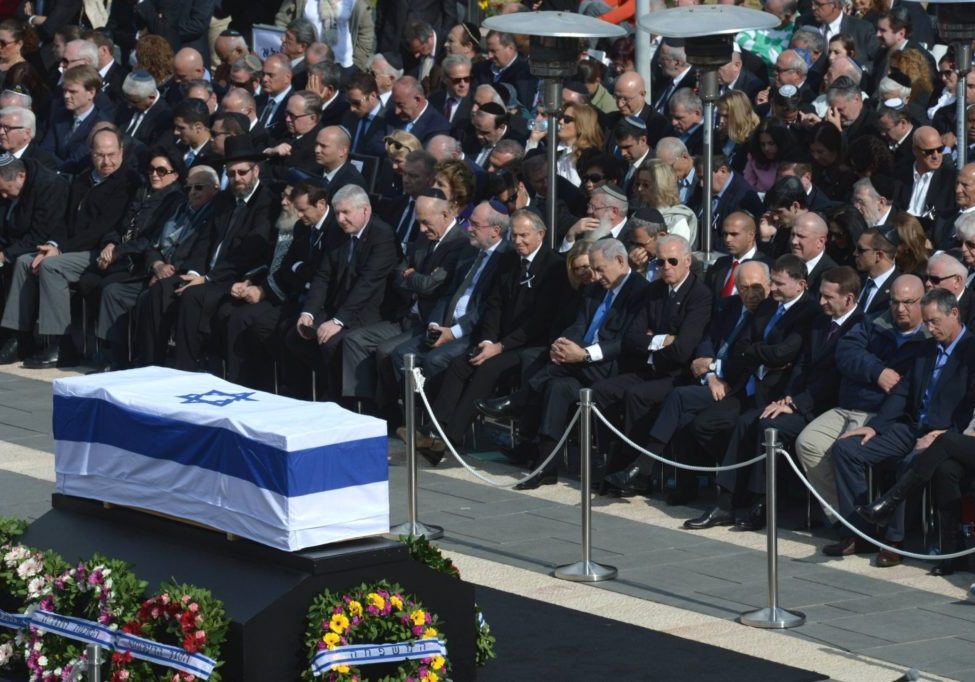
Israel PM’s peacemaking efforts should be remembered
January 21, 2014 | Ahron Shapiro
Ariel Sharon, the former Israeli general, Defence Minister and Prime Minister who died earlier this month, was one of the government officials who greeted then-Egyptian President Anwar Sadat on the tarmac during his famous visit to Israel in November 1977.
Sharing a smile and a handshake, Sadat ribbed Sharon, reminding him that he had unsuccessfully tried to catch him when he crossed the Suez Canal during the war of October 1973.
Sharon famously replied, “Now you can catch me as a friend.”

Ariel Sharon, from warrior to peacemaker
January 16, 2014 | Sharyn Mittelman
Israel’s former prime minister Ariel Sharon passed away on January 11. Debate about his legacy will continue for years.
Views about it have already changed since he became incapacitated eight years ago, as today many on Israel’s left praise his decision to dismantle the settlements in the Gaza Strip and parts of the West Bank he had helped sponsor, while on Israel’s right, many mourn his ”mistakes” as Hamas took hold of Gaza and used it to fire rockets into Israel.

Want peace in Syria? Work on reconciliation from day one
January 15, 2014 | Or Avi Guy
When outsiders survey the devastation in Syria, reconciliation is probably the last thing that comes to mind. Millions of refugees and internally displaced people are desperate for humanitarian aid. Millions more are caught in the lines of sectarian fire. Who has time to think about such fluffy “feel-good” concepts?
Yet with the Peace Conference for Syria scheduled to take place in Geneva this month, the thorny issue of post-conflict reconciliation must not be ignored.
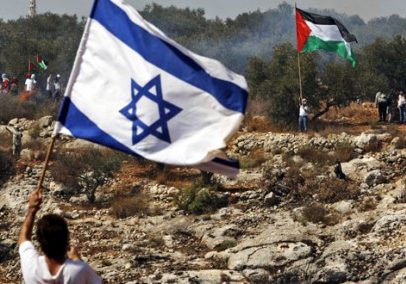
There can’t be peace without compromise between Israel and the Palestinians
January 15, 2014 | Jamie Hyams
JOSEPH Wakim’s metaphor of refugees taking over a home (“Australia must find balance on Palestinians,” January 10) is all very nice, but completely irrelevant to the Israeli/Palestinian situation.
It falsely assumes that the Palestinians were there first and the Jews came later and forced them out and that Israel has never offered to share the land nor been subjected to violence.
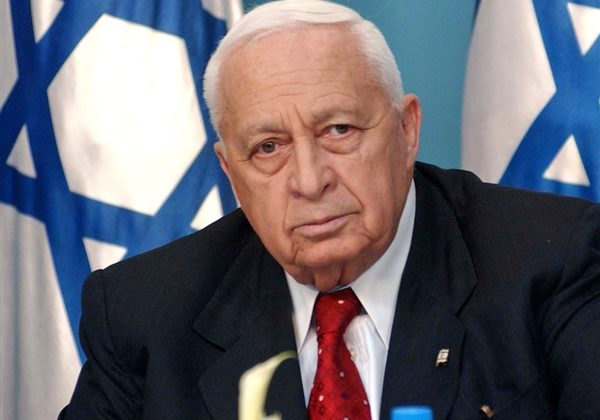
Bulldozer who guided Israel from centre
January 13, 2014 | Ahron Shapiro
THE passing of Ariel Sharon, Israel’s first truly centrist prime minister, is a watershed event in Israel’s history, as he served in a unique capacity as the pivotal bridge between Israel’s founding generation and political landscape and the mature and modern Israel of today.
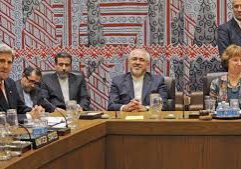
Flawed Geneva deal on Iran already unravelling
January 7, 2014 | Allon Lee
That didn’t take long.
The much-lauded Geneva “interim” six-month deal signed by Iran and the P5+1 on November 24 – which was designed to pause Iran’s efforts to produce nuclear weapons but was riddled with loopholes – has already stalled…
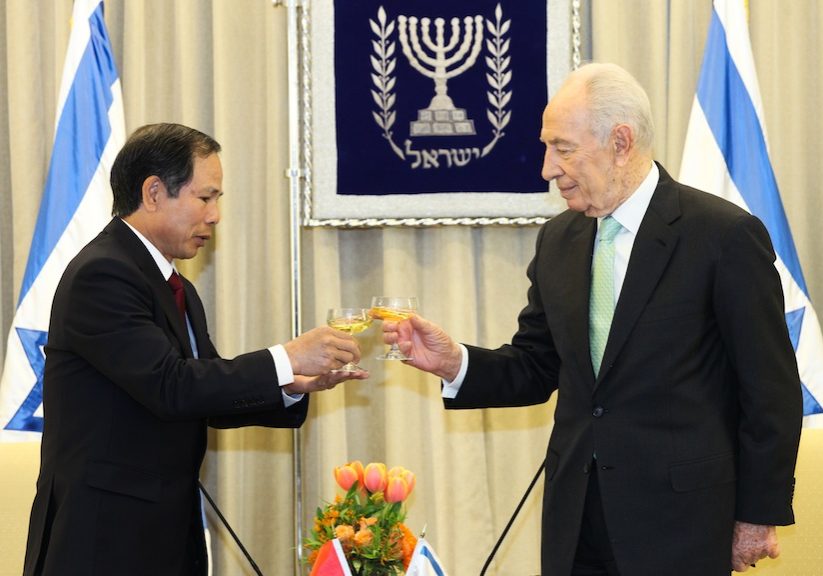
Political opportunities on the Asian economic frontier
January 7, 2014 | Colin Rubenstein
Israel is fast finding a new economic frontier in Asia – one which offers distinct political and diplomatic benefits, as well as economic ones….

Anti-abuse laws pose no real threat to freedom of speech
December 9, 2013 | Daniel Meyerowitz-Katz
IT would be difficult to have missed the recent campaign in these pages and elsewhere against section 18C of the Racial Discrimination Act, which makes conduct unlawful where it is done because of someone’s race/ethnicity and is reasonably likely to “offend, insult, humiliate or intimidate” them.
For those who understand the operation of 18C, this campaign has been somewhat disheartening: 18C’s opponents have avoided making legitimate criticisms, instead relying on a number of half-truths and exaggerations to put their case forward.
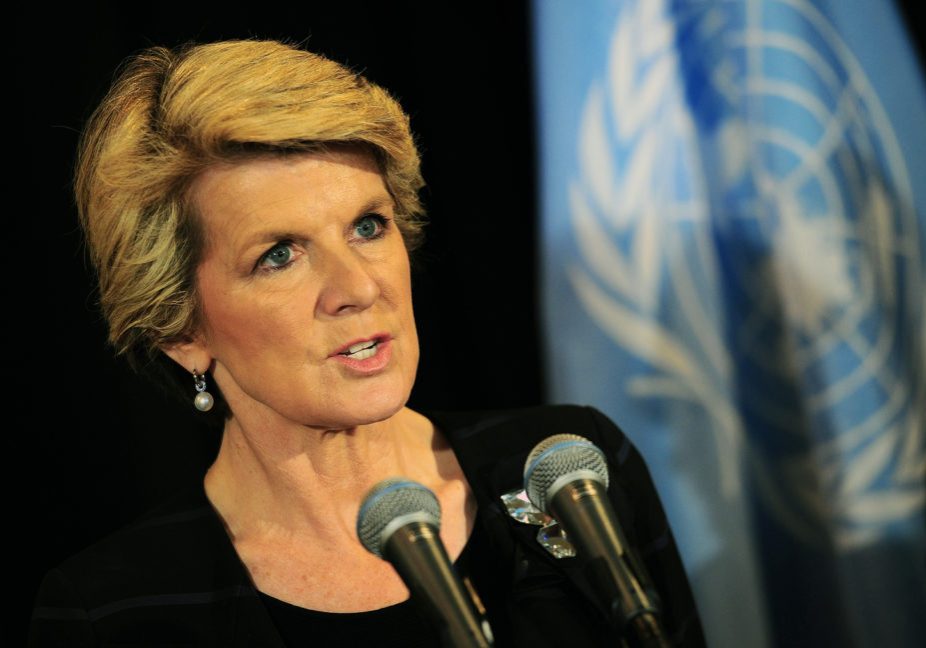
Foreign Affairs Minister Julie Bishop is a true supporter of peace in the Middle East
December 2, 2013 | Sharyn Mittelman
Australia’s decision to change its position and abstain on two United Nations resolutions regarding settlements and the Geneva Convention was the act of a true supporter of Israeli-Palestinian peace. Explaining the decision to change the vote, a spokesman for Foreign Minister Julie Bishop said the shift ”reflected the government’s concern that Middle East resolutions should be balanced” and said: ”The government will not support resolutions which are one-sided and which pre-judge the outcome of final status negotiations between the two sides.”
The reality is that the UN’s entrenched biases against Israel – reflecting the imbalance of power between one Jewish state versus 22 Arab states plus 56 majority Muslim states – have rendered it ineffective as a mediator. Arab states have long sought to use the UN to delegitimise Israel and seek an affirmation of the narrative about Israel being a usurper state existing on ”stolen” Palestinian land.
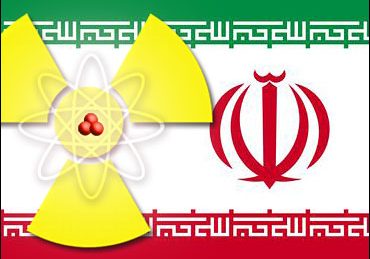
Flawed pact leaves Iran free to build a nuclear arsenal
November 29, 2013 | Ahron Shapiro
US Secretary of State John Kerry has touted the interim agreement over Iran’s illegal nuclear program as an achievement that makes the Middle East region safer. If only it were so.
In reality, this dangerously flawed pact normalises relations with a rogue regime, reverses the momentum of years of sanctions and leaves Iran, in six months’ time, closer to building nuclear weapons than it is today.
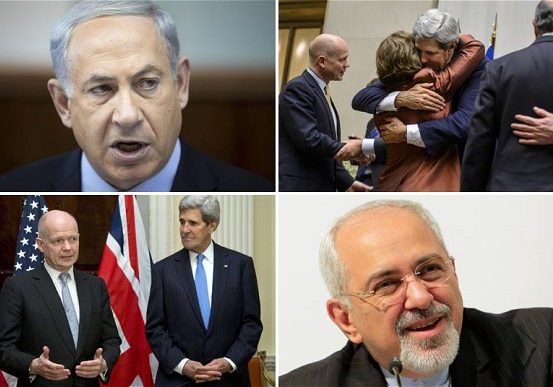
A dangerous deal on Iran
November 27, 2013 | Colin Rubenstein
The world is overwhelmingly united in agreeing on a number of points about the decades-old Iranian nuclear crisis. One is that Iran cannot be allowed to acquire nuclear weapons capabilities, in violation of both the nuclear non-proliferation treaty and six legally-binding United Nations Security Council resolutions. Furthermore, it is agreed that a diplomatic deal with Iran is by far the most preferred way to attain this end. And thirdly, everyone agrees, in words used both by United States Secretary of State John Kerry and Israeli Prime Minister Benjamin Netanyahu, that “a bad deal is worse than no deal.”
Nonetheless, the interim deal reached in Geneva on Sunday appears to be likely to turn out to be just such a “bad deal” – or in the words of Netanyahu, a “historic mistake”






